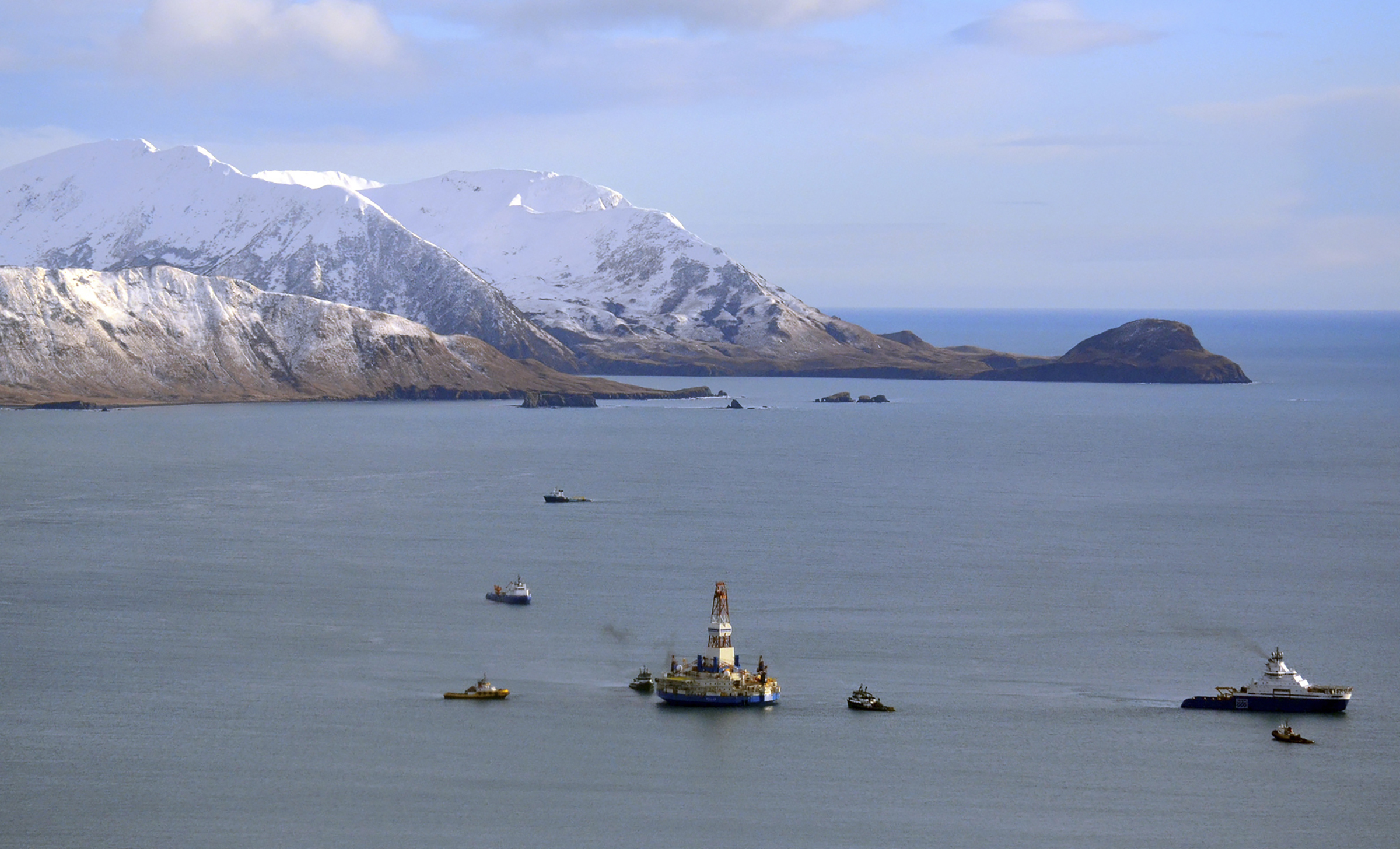
Time for something like panic: last week the UN climate talks in Madrid essentially collapsed, even as scientists were reporting that the 2010s had been by far the hottest decade since records began. Most of the blame fell on countries like the U.S., Brazil, and Saudi Arabia, but around the world political systems simply aren’t responding to the greatest crisis they’ve ever faced—they’re so corrupted by fossil fuel money, so overcome by inertia, so preoccupied with the next election or coup.
But, amid the desolation, there were a couple of signs of hope. They came from the world of high finance.
Just as young people and indigenous leaders were being kicked out of the UN talks for their protests, the Liberty Mutual insurance company became one of the first big U.S. insurers to announce it would stop aiding coal companies. The announcement came after sustained pressure from a coalition of environmental groups called Insure Our Future, and though Liberty’s pledges are just a beginning—oil and gas are the bigger future threats at this point, as coal’s decline is already underway—it was proof that even vast sums of money can’t insulate companies from activism.
That point was underscored over when Goldman Sachs announced on December 14 that it would restrict its lending to the coal industry, and further that it wasn’t interested in funding the drilling of the Arctic. Again a coalition of groups—from the Gwich’in tribe in Alaska’s Arctic National Wildlife Refuge to the Sierra Club and the Rainforest Action Network—had pressed hard. And again Goldman’s response was just a first step. But given the imbalance in forces—a remote native band against one of the world’s biggest banks—it was a hopeful sign.
Hopeful because these kinds of campaigns are going to expand and build. More and more, organizers are deciding that, after decades of asking governments to change, they’re also going to have to go after other power centers. Washington and Wall Street are deeply linked, but they’re also distinct, and both need to shift dramatically.
And hopeful for other reasons too. Even if we can get politicians to make real change, it will come slowly, and one national capitol at a time. But if these financial giants begin to move, the effects will be both quick and global—and those are the two things most required for effective progress on the climate.
This winter will likely see a prolonged campaign against big insurers, big asset managers like Blackrock, and big banks. Chase Bank exemplifies the problem: they’re the worst, lending hundreds of billions of dollars for the most extreme fossil fuel projects on earth. They’ve dramatically increased their lending since the Paris accords; they’re the bankroll for the most dangerous activity on planet earth. If these bankers plugged the money pipeline, the fossil fuel industry would have to stop expanding—which is precisely what scientists have told us is now required.
It may seem impossible to take banks that size on—they’re literally a central pillar of global capital. But look at them another way: unlike Exxon or Shell, they’re able to make plenty of money from things other than fossil fuel. Destroying the planet is only a side business for them—heck, they could make money financing the transition to sun and wind. And they’re potentially vulnerable to citizen anger. Activists, more and more, are taking up the cry of “Make Them Pay,” understanding that it’s not okay to pile up profits by devastating the planet. Chase has 5,000 branches spread across America. Indigenous activists joined by my colleagues at the 350 Seattle chapter shut down all 44 branches in their city for a day last spring, and there’s no reason not to try the same thing across the country. Anyone with a pair of scissors can cut up a credit card.
Think about that electoral map that Trump always holds up to taunt his foes, the one with the huge patches of red. Well, a map of the country’s money shows that most of it is in those blue patches where people care deeply about climate change: if electoral power is unfairly spread, so is financial power, but this time in a way that might work to put pressure on the banks.
The political and the financial are not completely separate tracks for activists, of course. Around the world, campaigners are also going after central banks, the government-sponsored institutions that control much of the planet’s monetary policy. The European Investment Bank announced earlier this autumn that it would no longer finance fossil fuel projects; campaigners in Switzerland said December 16 that they were getting closer to persuading the Swiss Central Bank to take action (and Swiss banks are no small thing!). But the truly big money is piled up in those American institutions that dominate global finance. That dominance is not fair nor wise, but right now it gives us one more lever to reach for in this moment of climate crisis.
More Must-Reads from TIME
- Caitlin Clark Is TIME's 2024 Athlete of the Year
- Where Trump 2.0 Will Differ From 1.0
- Is Intermittent Fasting Good or Bad for You?
- The 100 Must-Read Books of 2024
- Column: If Optimism Feels Ridiculous Now, Try Hope
- The Future of Climate Action Is Trade Policy
- FX’s Say Nothing Is the Must-Watch Political Thriller of 2024
- Merle Bombardieri Is Helping People Make the Baby Decision
Contact us at letters@time.com